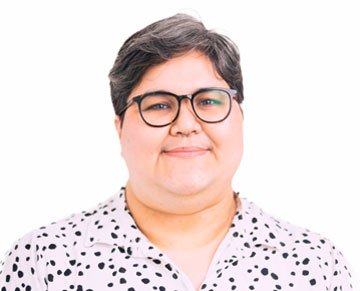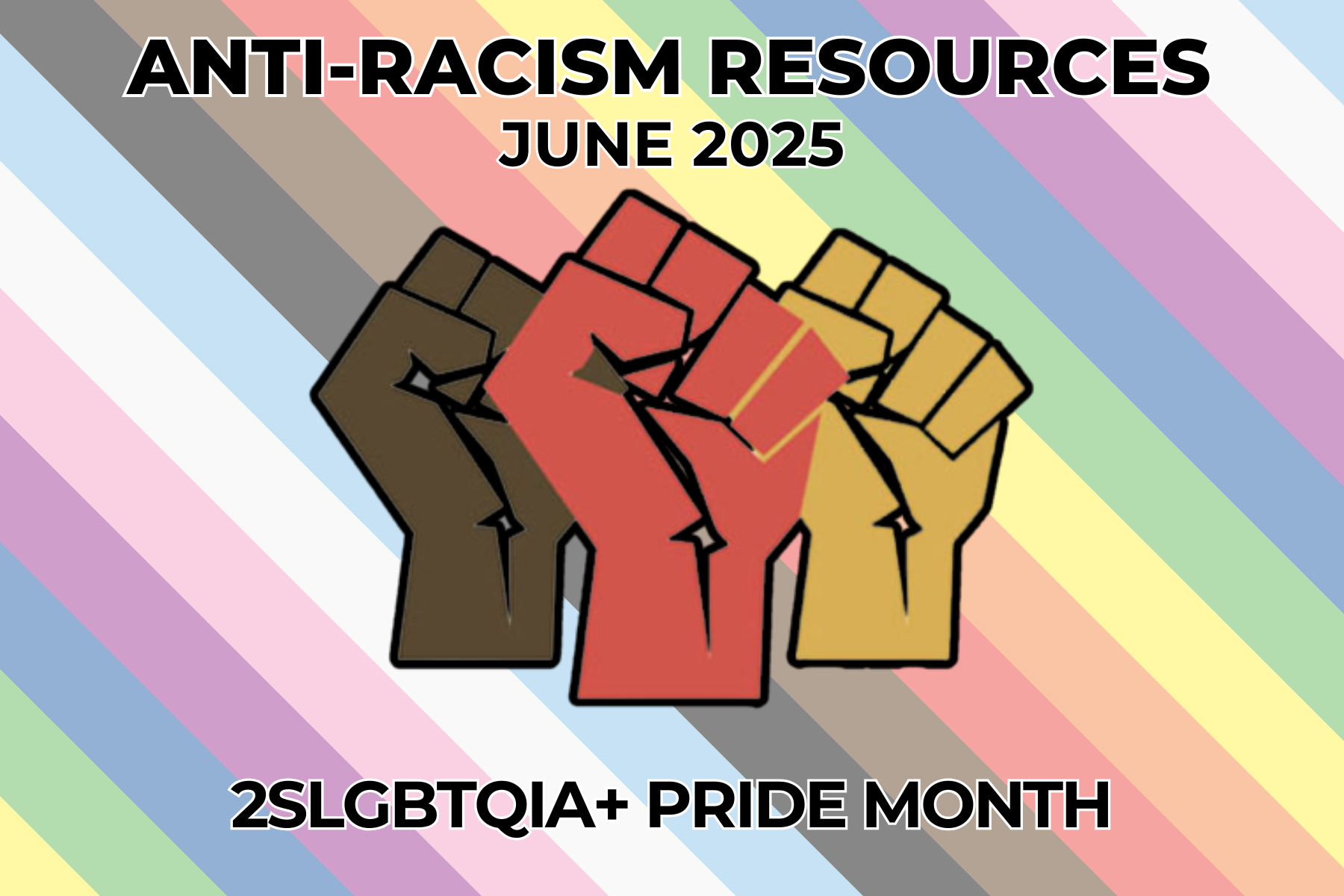Updates from Our 2024 Ernsberger Scholarship Winners
The Dr. Paul Ernsberger Scholarship (PERS) is funded by donations from those who wish to support graduate students in carrying on Dr. Ernsberger’s legacy. NAAFA granted PERS awards to three students in 2024. Each ofAll three of them recently shared about their work and how the scholarship aided them in their pursuits. Read more from the scholarship winners below. (Stay tuned to meet our 2025 scholarship winners later this summer!)
Ni’Shele Jackson (they/them)
Research Focuses:
Weight cycling
Medical harm caused by weight loss obsession
How did the Dr. Paul Ernsberger Research Scholarship support your research:
With the financial support, I was really able to take the time to make sure my theoretical argument is tight. I am also able to exercise better data management practices., I actually ran the analyses and data cleaning twice (in STATA and then in R). Because I was able to rush less, I was able to to re-frame my paper.t I want to be really responsible with the narrative I am crafting, especially because I think quantitative work gets misinterpreted as objective and overly-generalizable.
How is your research carrying on Dr. Ernsberger's legacy and furthering fat liberation?
My publishable paper helps attune us to the strengths and weakness of the discourses we use when debunking myths and misunderstandings about fat and health. For example, is it enough to 1) challenge/be ambivalent about fatness as a form of embodiment, or do we also need to 2) challenge how we think of the controllability of our health as individuals? Thus, while Dr. Ernsberger's research provided the medical debunking, my research can help activists and organizers learn the pros and cons of the types of discourses they use when communicating the debunked myths, especially if the goal is fat acceptance and diversity (which is the attitude outcome I specifically test).
My dissertation research humanizes the quantitative research by showing how these discourses (fat rights, HAES®, fatness as a public health crisis) actually manifest in interactions. It’s really interesting because I think the HAES® and even some fat rights discourses are present at WeightWatchers, revealing a lot about under which conditions these discourses can be assimilated or used to effectively present challenges to the valuation of weight loss.
An outline of the research work the scholarship funded:
The two projects that I submitted for consideration under this work were my publishable paper (my program equivalent to a master’s thesis) testing HAES® as a cultural frame and my dissertation project.
Publishable Paper [draft]
Dissertation Project - I have also made progress on my dissertation project, wrapping up my ethnography at WeightWatchers. I am still conducting interviews with WeightWatchers participants. Additionally, I am conducting interviews with public health actors to better understand how the field understands weight bias as part of their larger health equity goals and is wrestling with the contested science about the relationship between weight and health.
Christina Cook (she/her)
Research Focus:
Medical harm caused by physician/practitioner bias
How did the Dr. Paul Ernsberger Research Scholarship support your research?
The Dr. Paul Ernsberger Research Scholarship helped me pay the research participants for their time, expertise, and for sharing information about their experiences with medical fatphobia.
How is your research carrying on Dr. Ernsberger's legacy and furthering fat liberation?
My research provided more context and illustration to the medical fatphobia that fat folx experience whenever they interact with the medical system. I'm disseminating my results through different channels of communication and streams to increase reach and understanding of the issue. My research also provides recommendations for medical providers, from fat folx, on how to treat their fat patients with more respect.
An outline of the research work the scholarship funded:
The Dr. Paul Ernsberger Research Scholarship funded a study that focused on the barriers fat people with a liberation praxis face when they seek medical care, how these barriers affect their overall well-being positively and negatively; the positive and negative experiences that they have when receiving medical care; and recommendations for improvement. The study was completed in April 2025 and published May 2025. The participants highlighted the need and importance of patient-centered, weight-neutral, empathetic care. They shared that the power dynamics in the patient-provider relationship could affect the treatment that they receive. They also discussed that the environment, society, and culture can also affect the quality of treatment they receive from medical providers as well as the ease of access to quality treatment. The participants recommended a shift from fatphobia and weight-centered care and health throughout US culture and society as well as finding methods to focus on patient-centered and individualized care plans.
Here is a photobook with all photos and captions from participants.
Hillary Hecht (they/them)
Research Focuses:
Medical harm caused by physician/practitioner bias
How did the Dr. Paul Ernsberger Research Scholarship support your research?
The Dr. Paul Ernsberger Research Scholarship is the sole funder of my doctoral dissertation, providing the budget to reasonably compensate participants for their vital contributions to this work. Not only does this compensation make it feasible for providers to prioritize their time to participate in this work, it allows this project to ethically acknowledge the value of professional time and expertise. Additionally, funding from NAAFA implies endorsement of this project, increasing the legitimacy of my work. Participants who are rightfully skeptical of projects claiming to be about weight inclusivity (or co-opting of recent language towards insidious weight loss promotion) may use the NAAFA sponsorship of this work to understand the tone and nature of this research more quickly and easily. This legitimacy has increased participation from folks with views most relevant to the goals of this project. In fact, many participants have named NAAFA specifically as a resource of expertise in the field of weight-inclusion.
How is your research carrying on Dr. Ernsberger's legacy and furthering fat liberation?
This work aims to make practical strengths-based, fat inclusive and liberatory efforts in healthcare. Following Dr. Ernsberger’s legacy for scientific rigor, these studies are the first in a series of implementation science studies. This series of work aims to identify clinics currently conducting size-inclusive care, describe what is being done and how the work takes place, then to conduct implementation science regarding how clinics not yet providing size-inclusive care may begin to do so for their patients.
While Dr. Ernsberger lived and worked in many locations across the US, this work takes a nationwide view of the best practices currently existing in primary care, so that we may replicate and implement inclusive care in a broader reach of primary care, then specialty care contexts across the US.
Dr. Ernsberger was a renowned educator, and I bring goals of fat liberation beyond my research to my teaching as well. In Spring 2025, I served as a Teaching Fellow for a 180-student undergraduate public health course. Throughout the semester, I had the opportunity to coach students individually and in teams about how their interest in patient body size was being conflated with health outcomes. We dug into the nuance of how insidious weight stigma may be contributing to assumptions about their work, and shared literature about the role of weight stigma as a determinant of specific health outcomes such as eating disorders.
An outline of the research work the scholarship funded:
This scholarship is funding a 3-aim doctoral dissertation. A poster for this dissertation can be found here.
Aim 1 “Measuring Who Experiences Weight Stigma: Latent Class Analysis of the Everyday Discrimination Scale”
Funding Support: A portion of this scholarship will go to the article processing charges (APCs) fee which allows the publication to be open access (free) to readers.
Completion Process: Manuscript is under review at Frontiers in Psychiatry, in special issue The Mental Health Impact of Weight Stigma.
Aim 2 “Interviewing clinicians, admin & staff at clinics that offer size-inclusive care”
Funding Support: This scholarship primarily supports participant compensation.
Completion Process: Data collection (conducting interviews) is ongoing, and will conclude around August 2025. Nine of 15 interviews have already been conducted.
Aim 3 “Critical discourse analysis of primary care clinics’ size-inclusive policies”
Funding Support: If there is any remaining funding, and if article processing charges (APCs) are necessary for this work to be published, the remainder will be used to publish and disseminate this work.
Completion Process: Data collection is ongoing, and will conclude around August 2025.










